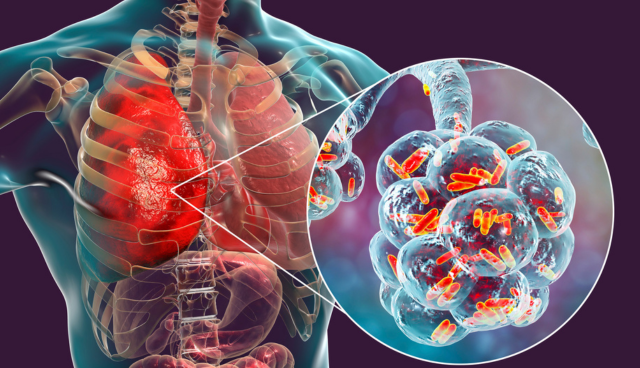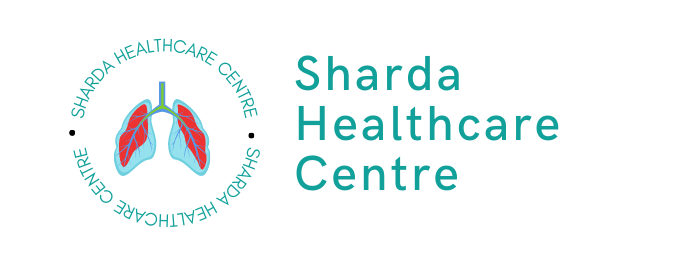
Common Respiratory Disorders Explained
Respiratory Infection: A Frequent Culprit
Respiratory Infections:
Common Symptoms of Respiratory Infections:
- Cough
- Runny or stuffy nose
- Sore throat
- Fatigue
- Fever
- Shortness of breath
- Chest discomfort
It’s important to note that the symptoms of respiratory infections can overlap, making it challenging to differentiate between them. If you suspect you have a respiratory infection, it’s advisable to seek medical attention for a proper diagnosis and guidance on treatment.
Respiratory Disorders Affecting Lung Function
Asthma:
Chronic Obstructive Pulmonary Disease (COPD):

Interstitial Lung Disease:
Lung Cancer:
Common Symptoms of Lung Function Disorders:
- Shortness of breath
- Chronic cough
- Wheezing
- Excessive mucus production
- Chest pain
- Fatigue
Respiratory problems like these can significantly impact a person’s quality of life. Management often involves medication, lifestyle changes, and sometimes, surgical interventions.
The Role of Lifestyle in Managing Respiratory Disorders
Maintaining good lung health is essential in preventing and managing respiratory disorders. The chance of getting these illnesses can be considerably decreased by leading a healthy lifestyle.
- Smoking Cessation: Smoking is the leading cause of preventable respiratory disorders, including lung cancer and COPD. Quitting smoking can dramatically improve lung function and overall health.
- Vaccinations: Vaccinations, such as the annual flu shot and the pneumococcal vaccine, can help prevent certain respiratory infections and complications.
- Environmental Control: Reducing exposure to environmental pollutants, allergens, and irritants is crucial. This includes proper ventilation in your home, using air purifiers, and avoiding outdoor activities during high pollution or allergen seasons.
- Regular Exercise: Exercise can help to enhance lung function and strengthen the muscles that control breathing. Consult with a healthcare professional for an exercise plan suitable for your condition.
- Balanced Diet: A well-balanced diet rich in fruits, vegetables, and lean proteins can provide the essential nutrients your body needs for overall health, including lung function.
The Importance of Early Detection and Treatment
Early detection and intervention are crucial in managing respiratory disorders. If you experience persistent respiratory symptoms, it’s essential to consult a healthcare professional for an accurate diagnosis and appropriate treatment. Diagnostic tools such as pulmonary function tests, chest X-rays, and CT scans may be employed to assess the extent of lung damage.
Treatment options for respiratory disorders vary depending on the specific condition. In some cases, medications like bronchodilators, corticosteroids, or antibiotics may be prescribed. Lifestyle modifications, such as pulmonary rehabilitation programs and oxygen therapy, can also be effective in managing these disorders. For severe cases or when conservative treatments fail, surgical interventions like lung transplantation may be considered.
